Rest is a secret superpower. Read on for five super easy tips to get more down time during the day.

Choice – are you really in control?
“I am choosing to open my eyes whilst I talk to you”. How much appreciation do you have for the choices we make in every moment of the day? We explore how this benefits us here.

How coaching improves setting your boundaries
Learn more on how coaching impacts our ability to set boundaries and how it becomes easier through the process, bringing benefits to work and life.

How coaching brings a sense of control
What do we mean by “a sense of control”?
A definition from the Human Givens Institute is “having volition to make responsible choices” and thus thelevel of control you feel you have over your life.
What is important about having a sense of control? The original research on control was Rotters Locus of Control. This identified two types of control we have, as humans, internal, and external, one of which brings a more resilient approach, thus impacting our well-being.
Rotters work showed that where people had an internal locus of control, they had a better sense of well-being, due to being more resilient. The reason for this, is that, with an internal locus of control, people believe they have more control over their lives than those with an external locus. That is, people with an internal locus believe they have choices, options, and can choose how they respond to situations, even if they can’t “control” them.
With an external locus of control, people believe external events cannot be changed, and they don’t believe there is anything they can do about things that are “out of their control”).
The very best (in my opinion) view on this however is from Viktor Frankl. As a psychiatrist (and also a prisoner) in the concentration camps, he worked with other prisoners and compiled his observations. In this book Mans Search for Meaning, he shares what he learnt during this time. There were key aspects about what determined peoples likelihood of survival, and one insight was how people approached this sense of control. Where they felt they could choose how they responded to their situation, they were more likely to survive. The following quote sums it up.
“Between stimulus and response there is a space. In that space is our power to choose our response. In our response lies our growth and our freedom”
Viktor Frankl, Austrian Psychiatrist and Holocaust survivor
How does coaching help this?
One of the core components of coaching is that it is “client-led”.
Lets say you are engaging in a coaching partnership. At the start of the process, we figure out what YOUR aims are, each session is directed by you, and even within session, we might change direction, but YOU will be the one leading, so that you get to work through what is on your agenda.
Practicing this supports our human need for being responsible to make our own choices, AND supports one of the other wellness components – boundaries, because it helps you practice being clear about what you want.
Added to that, giving ourselves time and space to think about our challenges, gives us that pause mentioned by Viktor Frankl, and in turn we build capacity to respond rather than react, and start to recognise and build our own resources.
Client quotes:
“I have begun to change my internal narrative about how I perceive myself and what I can achieve“
“I am the driver of my own life. I need to take responsibility of driving my life“
bluegreen Coaching Client Reviews
Want to start helping yourself? Here are some coaching questions to reflect on?
- Make a list of all the things you CAN control, and those that you CAN’T. Review your list and reflect on how you are choosing to respond to the things you can’t control.
- What choices are you making right now in life and work? Note also not doing something is a choice too! [Explore choices from differing perspectives too e.g. Emotional, Physical, Subconscious…]
- How might you use the word could, instead of should, to help you feel in control? [check out this article for more]
Another article to review might be “How to get out of feeling stuck?“.
This article is also part of a series on how coaching benefits well-being. Others are coming, and the first in the series is “How coaching helps build a positive mindset“.
Image Box Title
Change this description
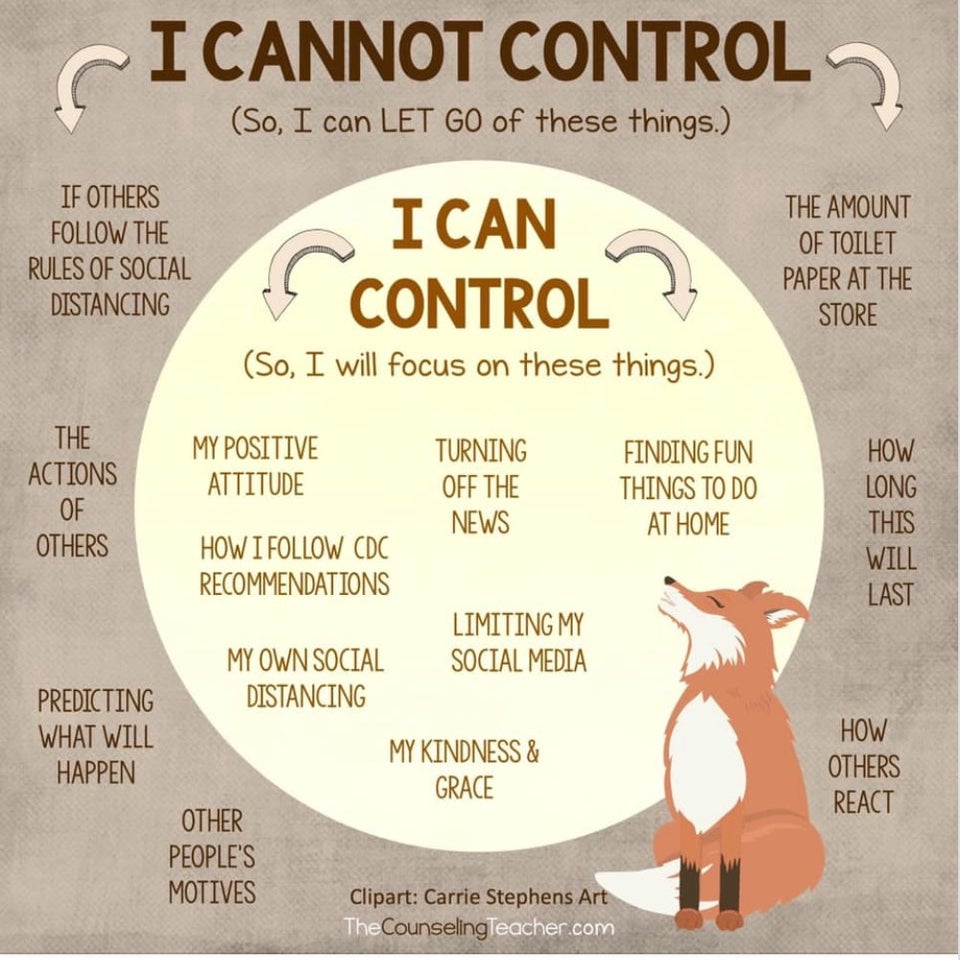
Keyboard image thanks to Charles Deluvio on Unsplash
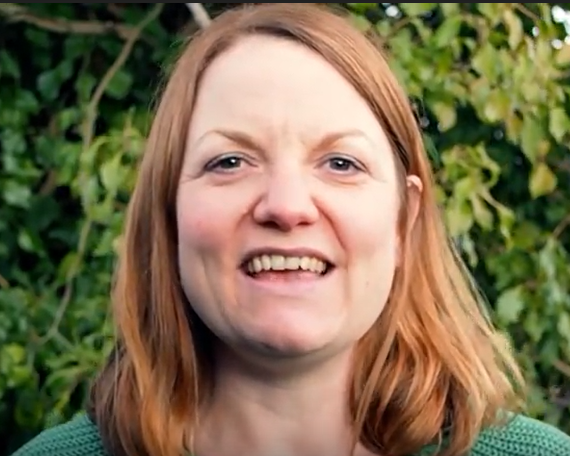
Sheela Hobden is a Coach at bluegreen Coaching. Following her own mental health battles, she now coaches individuals, runs training sessions and speaks at conferences. She has a real passion for helping medics and healthcare professionals take as much care of themselves as they do their patients in whatever life or career conundrums they face! She is also a Mentor Coach and Coach Supervisor. She has a PGCERT in Business and Personal Coaching, holds PCC member status with the ICF and is CIPD qualified. She challenges herself with ultra distance running and Ironman. Find her at www.bluegreencoaching.com or swimming in the sea, in Poole, Dorset
Get more ideas and tips by joining her newsletter tribe – sign up below!
Better still, book in to speak with her directly?

How coaching brings an optimistic mindset
Coaching is proving to be an effective strategy in building resilience and positively impacting well-being. This article shares how it works and is one of five areas found to benefit from coaching.

How to talk about whats going on for you. Experience the “vehicle” for well-being…
I’ve struggled for a long time, being able to talk openly about how I feel, under the “wellbeing” umbrella. I’m not talking spas, yoga and smoothies, in fact, I get very frustrated when that is all that seems to be listed in the wellbeing section of a publication. I’m talking the meaty mind stuff, as well as body and soul.
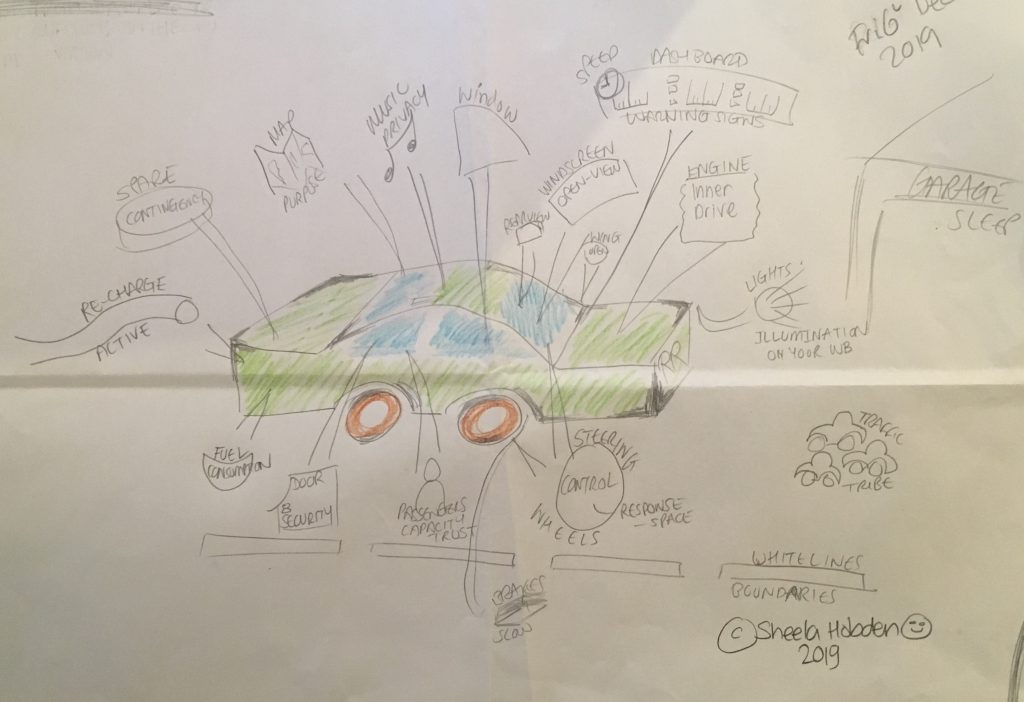
People have long felt uncomfortable talking, or even thinking about their mind, body and soul. Unlike physical, tangible things. It’s been a long time coming, but I’ve created something that’s made it easy for everyone to relate to and talk about, and want to grow the concept.
Imagine whole groups of people, in families or organisations, talking, sharing and getting help early, in the same simple way they do for their cars.
I’ve mapped everything I have learnt and now know (although I am sure there is more!) about wellbeing and resilience (another word I’d rather change…to bounceability!) to the parts of a CAR! Now, I know this will divide my readers, those that love the beauty of the machine, and those that just, need it for A to B.
Please hang on in there as I do believe either party will “get it”!
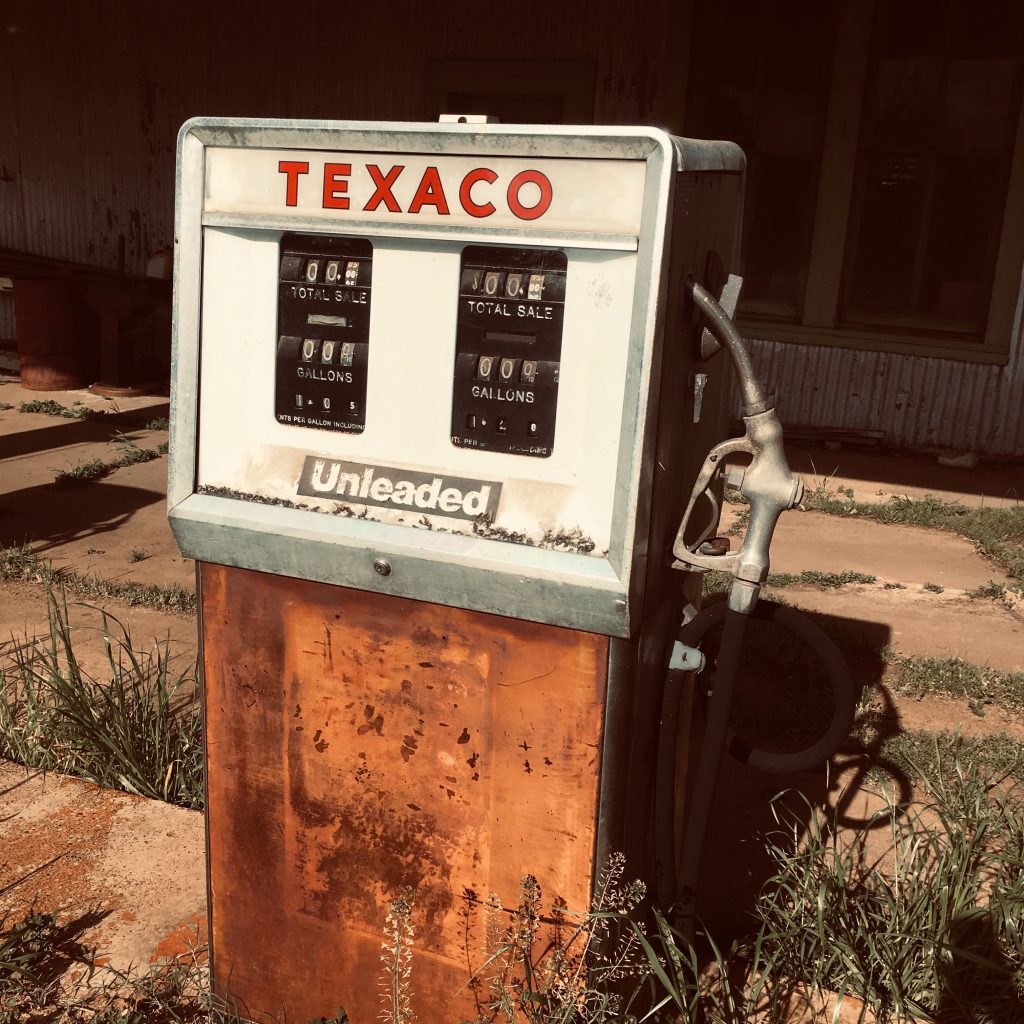
Fuel. Cars are normally restricted to one type of fuel, with which they perform. A petrol car will not function if filled with diesel. We do not make “excuses” for why we are putting diesel into our petrol car. However, we can make up the most delightful stories to tell ourselves when we are munching that extra mince pie, or opening another bottle of wine. The tricky thing for us is that we can still operate on different fuel, but the difference is between operation and performance. What do you know about the fuel that best serves you?
💡 TRY THIS:
Take a week to record what you are eating, and how you feel during the various activities you undertake – What patterns can you see? What shifts do you want to make?

Map. Sat Nav has made it so easy for us to get to places without having to do any thinking. We plug in where we want to go and “job done”. If only that were the same in life, we didn’t have to navigate past roadblocks, traffic or coming back from wrong turns. The useful thing about Sat Nav is it re-routes us so we still get to our “goal”. We could take a leaf out of that book, bounce back faster when we don’t get what we want straight away, or the path is not so obvious. We all need a sense of purpose, a direction to head in. We simply wouldn’t get in the car and drive aimlessly round and round! What do you know about the direction or path you are on right now?
💡 TRY THIS:
Imagine yourself 20 years from now (get really detailed about how you think, feel, act, where you are etc). Write a letter to your best friend, detailing all that you have done in the last 20 years?
Review it and consider, what do I need to do to move towards these things?
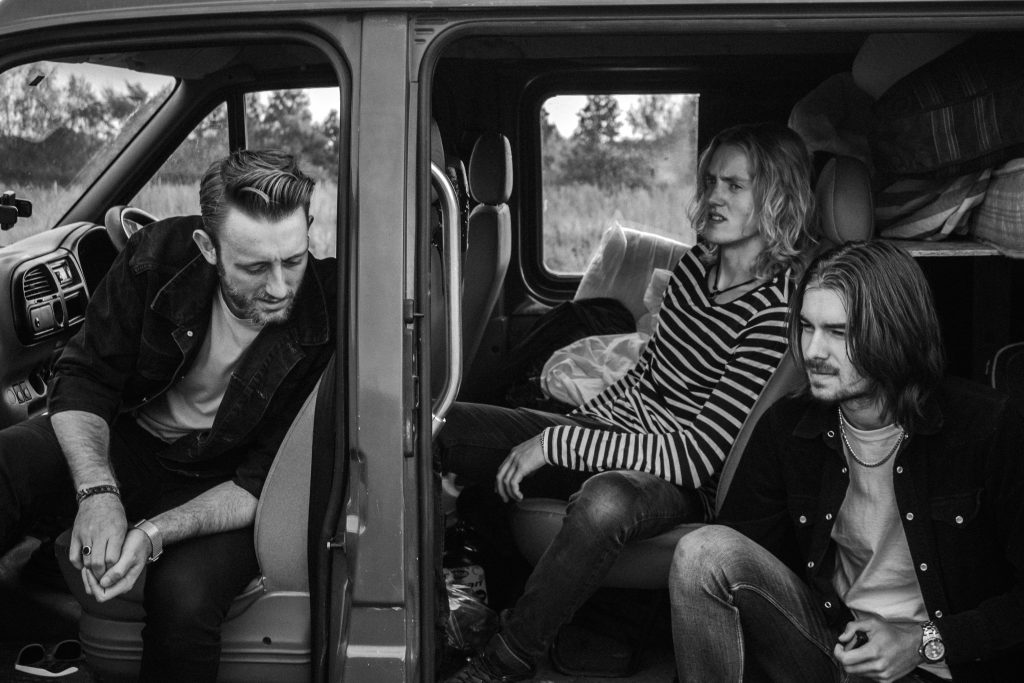
Passengers. There is generally a limit to the number of passengers in any given car. We choose who we fill those seats with. We never exceed that capacity, we know it is not safe to do so. This references a couple of points. Who is in your life right now? Do you want them as passengers? Are they fountains (give energy) or drains (hoover up your mood)!
💡 TRY THIS:
Relationship audit – write a list of all the people in your life. Assign each a role e.g. supporter, mood hoover, consultant, energy-giver (add some of your own types). Now evaluate that list – who do you need more or, and which list needs to reduce?
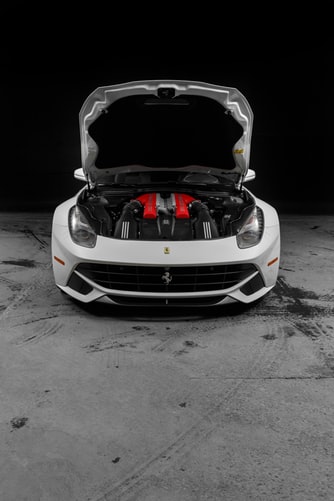
Engine. With a car, you turn on the engine and the car cracks on, no questions asked. The engine is not seen to the outside world. Let’s map that to us humans, and consider our engine to be our self-belief and motivation. When we try to access that, sometimes, we are faced with “you can’t do that” or “you’re not good enough” or even “I can’t be bothered”. Welcome to the world of “inner chatter”. All transient thoughts. Not real. Not true. Yet they have the power to hinder us, and stop our engine. So, how can you be more “car-like” and reduce this inner chatter? It takes time and practice, and everyone is different, but there will be a way you can do this.
💡 TRY THIS:
The more you know about who you are, the more belief you can have in yourself. Take the Character Strengths survey to highlight the top strengths you value. Click here, register for free and complete the questionnaire (takes about 20 minutes). https://www.authentichappiness.sas.upenn.edu/
I’ve talked about 4 elements here and I’m just touching the surface, there are so many more intricate parts to the car (just like the human body), and they all need to operate together to perform. Sometimes the smallest part can have the biggest impact, so it may not be obvious things that mean our sense of wellbeing is not complete. Only a full, collaborative review with a specialist will reveal the source. You heard it here first! I’m using this metaphor in many different products and developing more, to help raise awareness in a simple way.
Please do get in touch if you would like to see and hear the extended detail, or why not book yourself in for an MOT4U now?
To read more on the above elements, you might find the following useful:
Engine/self-belief: https://positivepsychology.com/self-reliance/
Fuel/body energy: https://www.nottingham.ac.uk/mhs/management/work-health-wellbeing/physical-health/diet-nutrition.aspx
Map/purpose and meaning: https://www.pursuit-of-happiness.org/history-of-happiness/viktor-frankl/
Passengers/relationships (& social interactions): https://conference.iste.org/uploads/ISTE2016/HANDOUTS/KEY_100525149/understandingtheSCARFmodel.pdf
© 2019 Sheela Hobden

Sheela Hobden is a Coach at bluegreen Coaching. Following her own mental health battles, she now coaches individuals, runs training sessions and speaks at conferences. She has a real passion for helping medics and healthcare professionals take as much care of themselves as they do their patients in whatever life or career conundrums they face! She is also a Mentor Coach and Coach Supervisor. She has a PGCERT in Business and Personal Coaching, holds PCC member status with the ICF and is CIPD qualified. She challenges herself with ultra distance running and Ironman. Find her at www.bluegreencoaching.com or swimming in the sea, in Poole, Dorset
Get more ideas and tips by joining her newsletter tribe – sign up below!
Better still, book in to speak with her directly?
